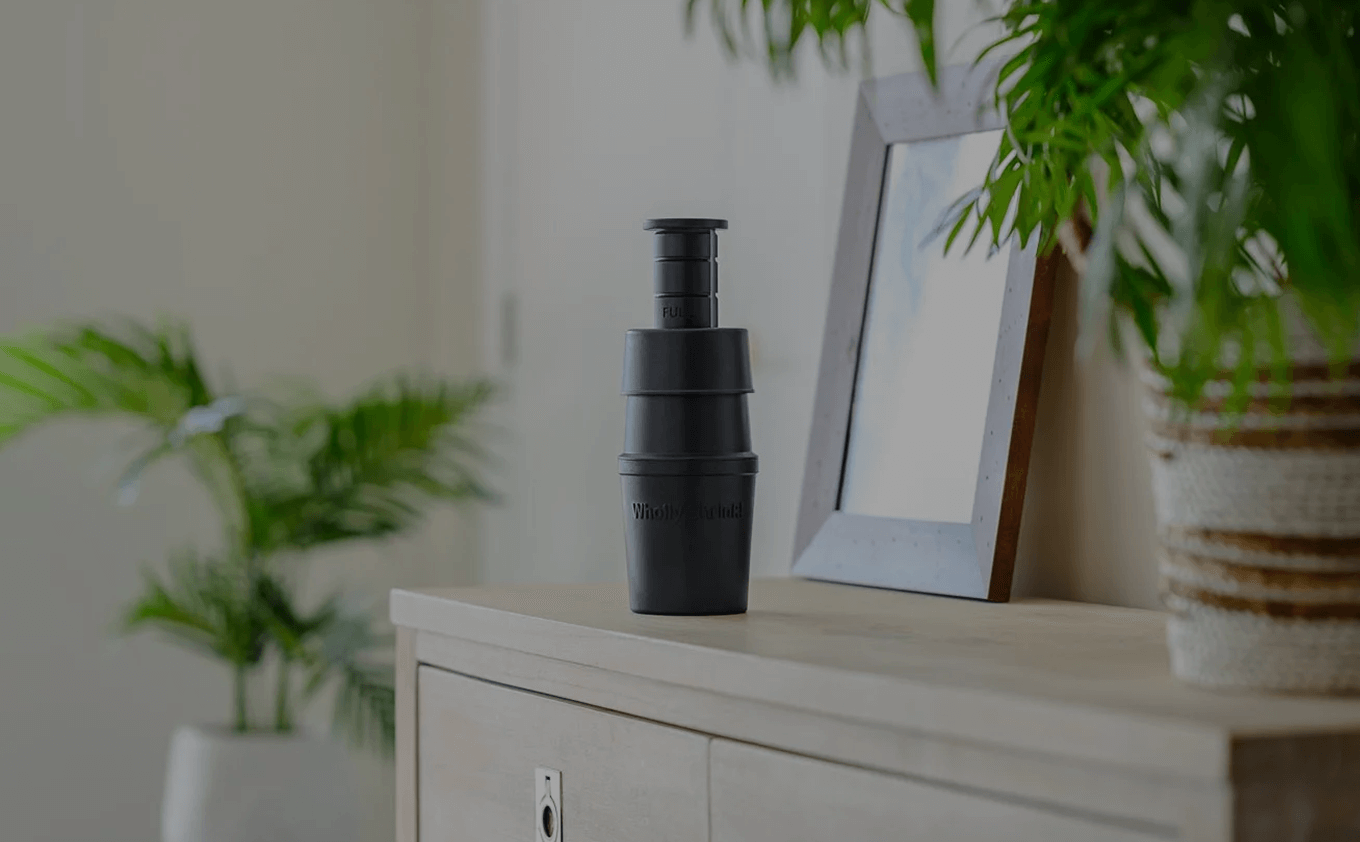**”Have you ever wished that mountain of clingy soft plastic wrappers could magically turn into something useful, like say… dinosaur juice (oil)? Or ever thought table salt could be your recycling superhero?**
Welcome to the bewitching blend of the old (pyrolysis) and the new (thanks, Michigan State University!). Here, we see soft plastics take a spa retreat and are reborn as golden oil, all with the surprising magic of everyday table salt!
Researchers at MSU made headlines when they showed our humble kitchen salt can outperform fancy, expensive catalysts in the world of chemical recycling. In fact, sodium chloride – the sciency name for table salt – is proving to be an inexpensive, reusable superstar for recycling plastics, including those pesky non-recyclable metallized films in your favorite chip bags!
Professor Muhammad Rabnawaz and his talented team found that using salt in a process known as pyrolysis (remember, that high-class spa for plastics) could flip the economic switch, making recycling more affordable and efficient. This could drastically reduce the dismal statistic where 90% of U.S. plastic waste ends up in landfills or as pollution.
Rabnawaz puts it succinctly: “We need simple, low-cost solutions to tackle the big plastic recycling problem.” And who knew the solution was sprinkled on our fries?
While pyrolysis gives us a mix of gas, liquid oil, and a not-so-desired wax, table salt steps in like a pro, minimizing that wax component. Plus, after the process? You can recover and reuse the salt, making it both economical and eco-friendly.
To sum it up: Next time you season your food, give a nod to that salt shaker, and remember it’s not just jazzing up your meal but potentially jazzing up the planet too! Let’s sprinkle a little more recycling magic and let the pyrolysis party begin! ”




